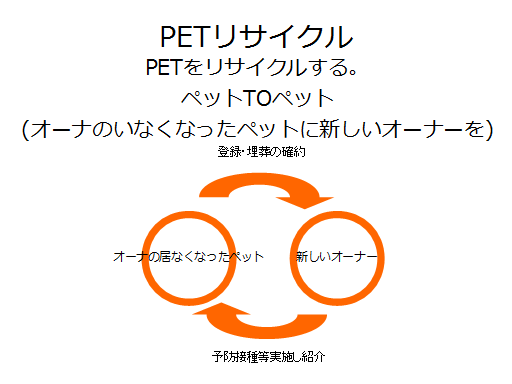合成麻薬のフェンタニルをカナダなどに輸出しているからというのがその理由とされている。
しかし、麻薬なのであれば個別に取り締まるべきではないか?
Yahoo!より、
【速報】トランプ大統領 中国に10%の関税を検討
1/22(水) 8:09配信
TBS NEWS DIG Powered by JNN
https://news.yahoo.co.jp/articles/4bf4ba65ecb4f1ef5fc68c48f7f7d6a495e2e9be
記事より、
アメリカのトランプ大統領は21日、中国からの輸入品に対して10%の関税をかけることを検討していると述べました。
トランプ氏は関税をかける理由について、中国が「合成麻薬のフェンタニルをカナダとメキシコに送っているためだ」と説明しています。
コメント
トランプ大統領が中国に対し10%の関税を検討している背景には、合成麻薬フェンタニルの輸出問題があるとされています。しかし、この対応には疑問が残ります。フェンタニルは確かに深刻な問題であり、多くの人々に影響を及ぼしているものの、国家間の貿易政策として関税を用いるのは適切なのでしょうか。本来、麻薬取引のような犯罪行為は、国際的な警察協力や個別の捜査を通じて取り締まるべき問題ではないかと思われます。
さらに、関税の適用は中国だけでなく、アメリカ自身の経済にも波及する可能性があります。特に、輸入品の価格が上昇することで、最終的にはアメリカ国内の消費者が負担を強いられることになります。また、麻薬問題という点では、中国だけが輸出元であるかのように特定するのも偏った見方です。他国も含めた包括的な取り締まり体制を構築すべきです。
こうした政策は、対中国強硬策を支持する層には受け入れられるかもしれませんが、フェンタニル問題の解決という本質的な目標からは外れているようにも見えます。トランプ氏の姿勢は、中国に対する圧力を示すものとしては分かりやすいですが、より効果的で具体的な対応策が求められるのではないでしょうか。
英語コメント
President Trump’s proposal to impose a 10% tariff on Chinese imports, citing the export of synthetic opioid fentanyl to Canada and Mexico, raises significant questions about the appropriateness of using trade policy to address this issue. While fentanyl is undeniably a serious problem with far-reaching consequences, tackling drug trafficking through tariffs seems misdirected. Such issues should ideally be addressed through international law enforcement cooperation and targeted measures against illicit activities.
Tariffs, as a tool, not only place economic pressure on China but also risk increasing costs for American consumers. Import taxes on goods can lead to higher prices domestically, affecting households and businesses alike. Moreover, the framing of China as the sole source of the fentanyl problem oversimplifies a complex issue. A more comprehensive approach involving multiple nations would be more effective in addressing the root causes of opioid trafficking.
While this move may resonate with those favoring a tough stance on China, it appears disconnected from the primary goal of solving the fentanyl crisis. Trump's approach emphasizes a bold display of pressure on China, but it risks overlooking the need for precise, actionable strategies to tackle the drug trade. Instead of relying on tariffs, the U.S. should invest in collaborative international measures and stricter domestic enforcement to address this pressing issue.
【このカテゴリーの最新記事】
- no image
- no image
- no image
- no image
- no image
- no image
- no image
- no image
- no image
- no image
- no image
- no image
- no image
- no image
- no image
- no image
- no image
- no image
- no image
- no image



